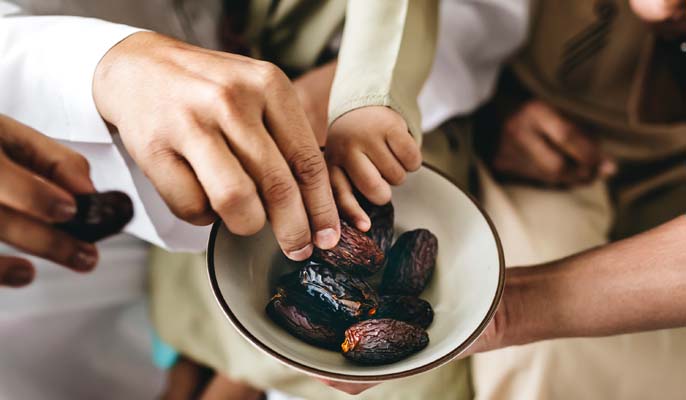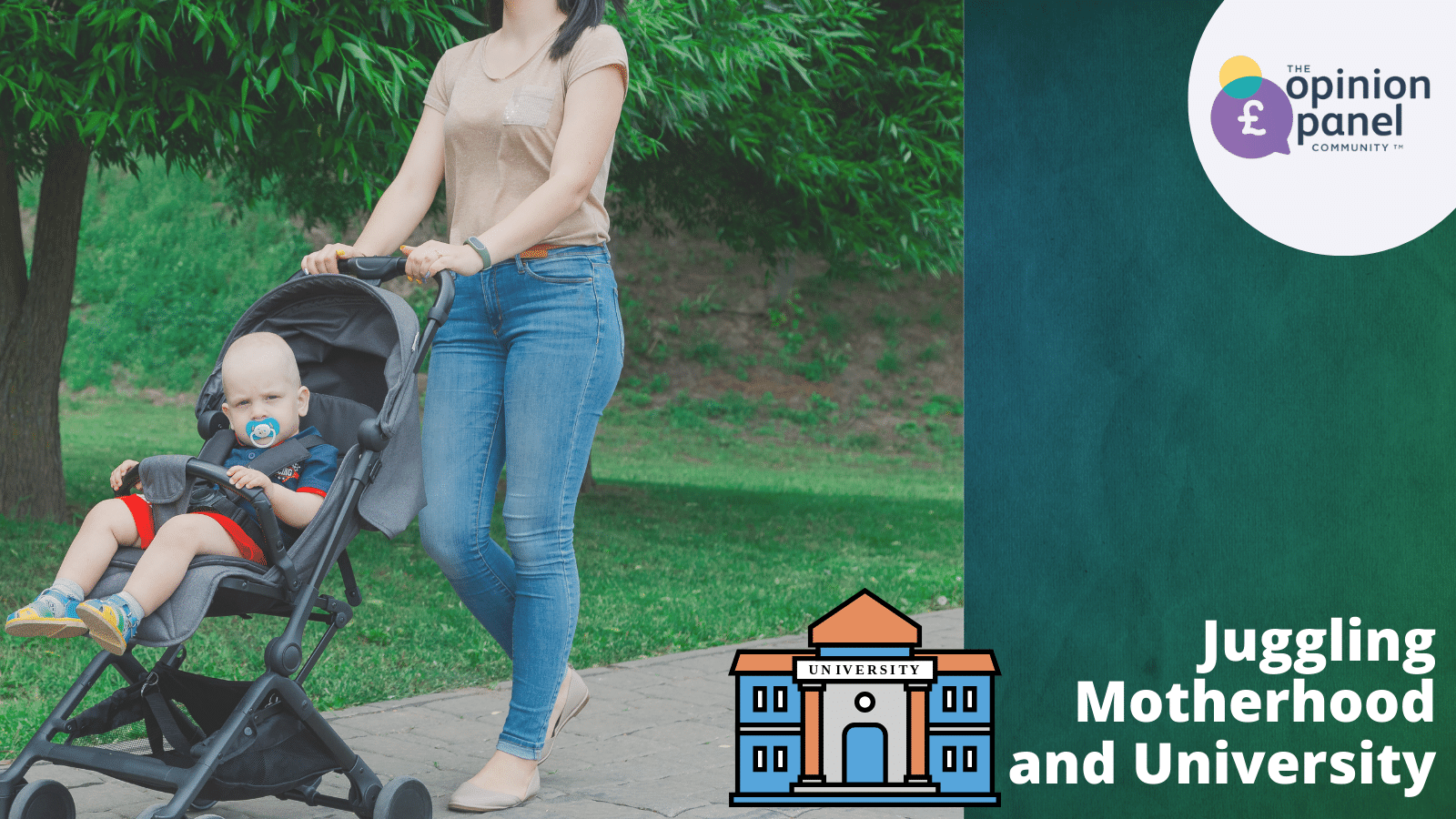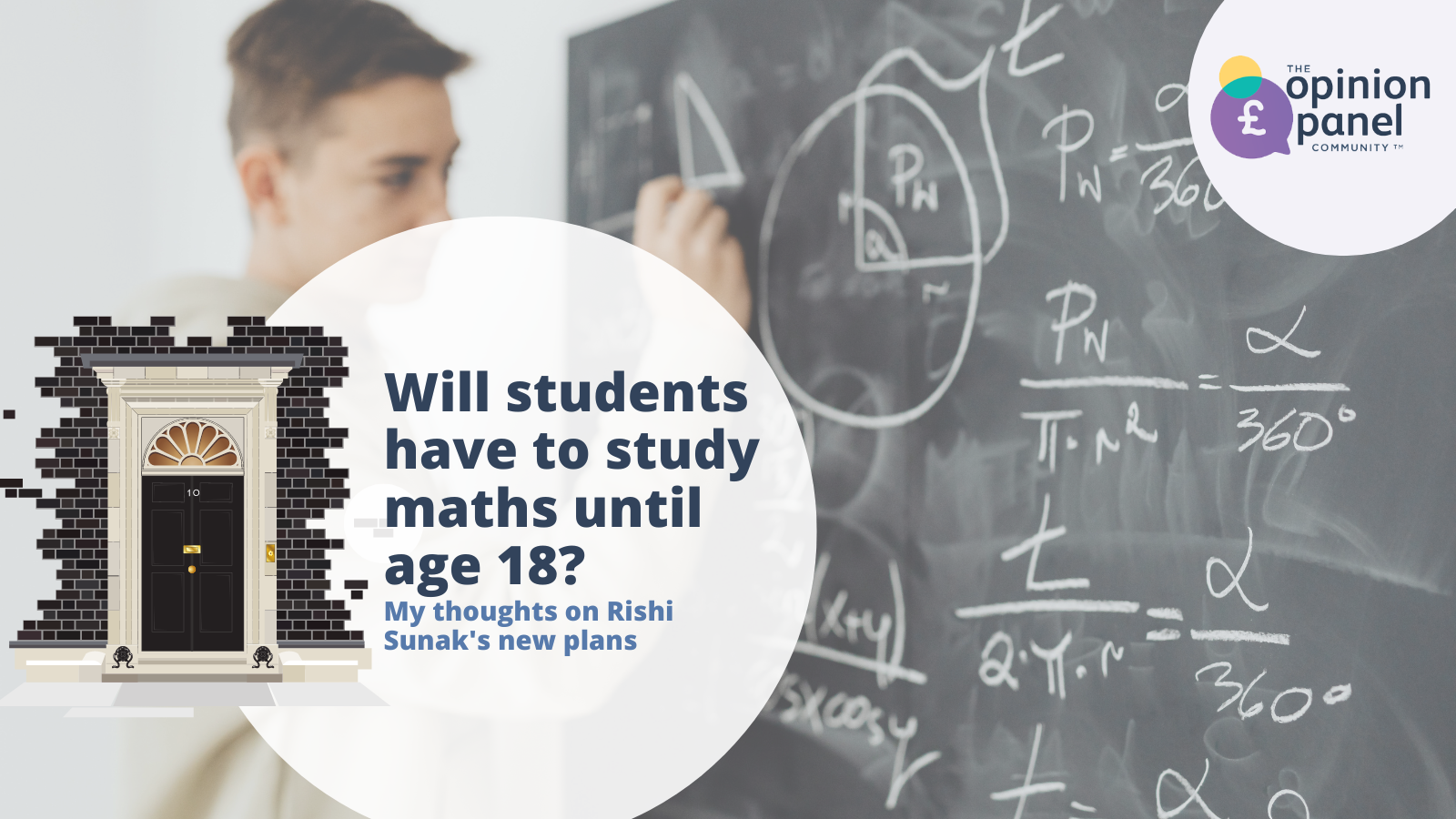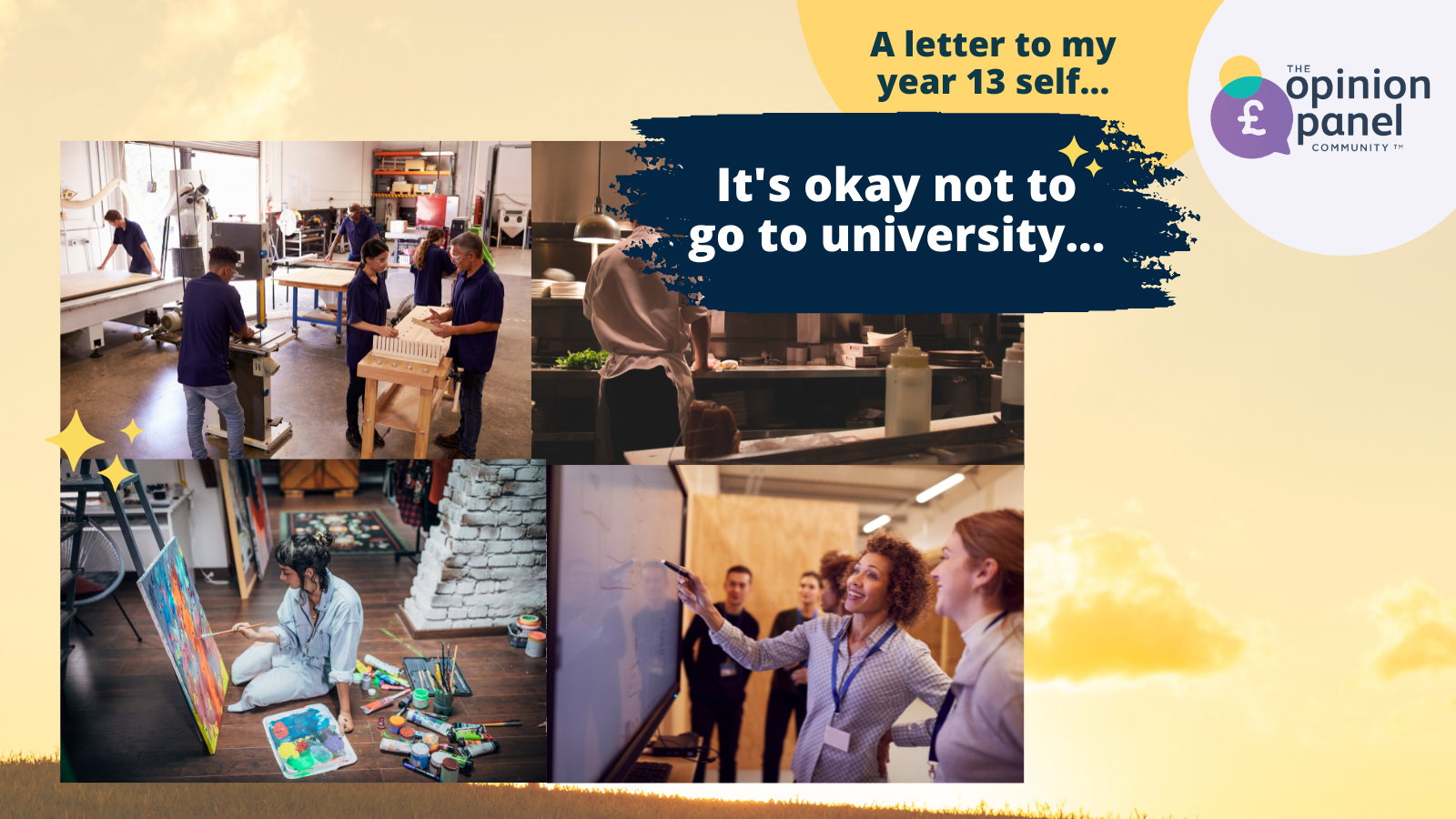
In Islam, Ramadan is seen as an opportunity to replenish one’s spirituality through longer prayers and self-control.
On the surface this seems straightforward, yet there are a few myths and misconceptions that have divided opinion over the years.
The first week of Ramadan is often the toughest, as your body slowly adjusts to around 18 hours of fasting per day. No matter how hungry you feel there is nothing you can do until sundown. It’s 4pm and you last ate at 3am,will you make it? The answer is yes. While you may feel hungrier than a polar bear fresh out of hibernation, the food and blessings that await you at the end of the day help maintain your focus. Anyway, it always gets easier after the first week.
One of the hardest aspects of fasting is not being able to drink water. An even harder part is being met with the exclamations of ‘What!? You can’t even drink water?’ When you already feel parched, explaining the intricacies of fasting to well-meaning pals can get pretty tiring. During these excruciating interactions, just remember that there are people who rarely ever have access to clean water.
In Islam, fasting is considered obligatory for those who are medically fit and have reached an age of maturity, usually about 15 years old. This excludes young children, those who are ill (physically or mentally), frail, travelling, pregnant or breast-feeding. Adults who are unable to fast however, are still able to reap the spiritual rewards without putting themselves at risk. “If it is a short-term illness that they know they’ll recover from – they would be able to make up their fasts on other days,” says Mr Hassan. “If it is a long-term condition, then they can perform Fidyah – a small donation that you pay per day – which you give to feed a poor family. The sum for the UK is between £4 and £5.”
Ramadan is when you should endeavour to use your time productively but sadly social media can get in the way. I’m not on Instagram or bothered by Twitter. Facebook however, is my social media of choice. I tell myself I use it to keep in touch with family and friends, but mostly I just end up comparing myself to other people. During the last Ramadan, I avoided social media completely for 30 days and the experience was liberating. I finally had some time to reflect and realised that I was placing my self-worth more in my social media persona than in God.
The month of Ramadan made me realise life is precious and you should not waste it!








A very good artical WELL DONE!